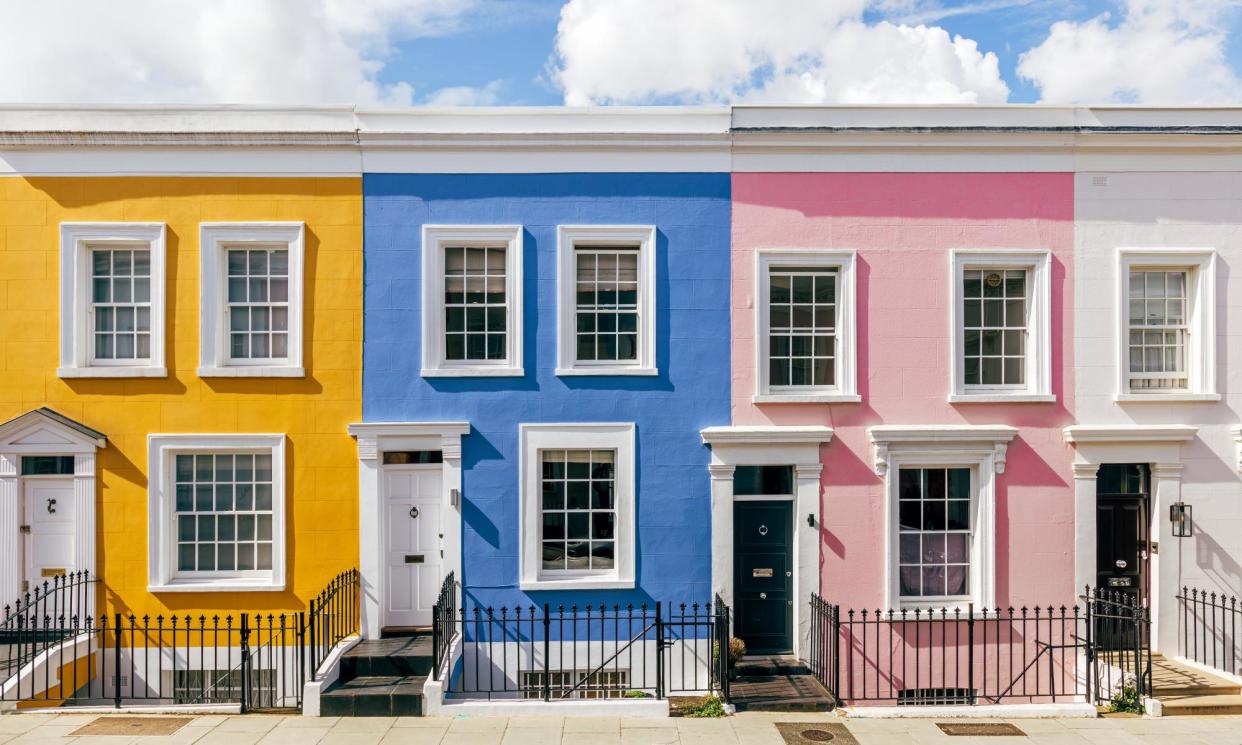UK house prices ‘to rise through rest of year’ after jump in July

UK house prices increased by 0.8% in July, and lower mortgage rates are expected to lead to continued growth throughout the rest of the year, according to the mortgage lender Halifax.
The average house price in the UK across July was £291,268, a 0.8% rise on the £289,042 recorded in June. It marks a significant uptick after three subdued months, during which there were rises of between 0.1% and 0.2%.
The annual growth rate rose to 2.3%, the highest since January this year.
Amanda Bryden, the head of mortgages at Halifax, said that last week’s Bank of England base rate cut and the recent reduction rates in mortgages from the major providers was encouraging for those hoping to buy new homes or move up the housing ladder.
She added: “Against the backdrop of lower mortgage rates and potential further base rate reductions, we anticipate house prices to continue a modest upward trend throughout the remainder of this year.”
Last week the Bank reduced interest rates from 5.25% to 5%, the first cut in four and a half years. However, it said savers should not expect more large cuts in the coming months as it attempts to ensure the rate of inflation does not return to the high levels seen over the last two years.
Many big banks have been cutting their mortgage rates in recent weeks.
Last week lenders such as Halifax, NatWest and Santander cut interest rates by up to 0.20 percentage points. Nationwide, the UK’s biggest lender, has also begun offering a sub-4% deal for some new buyers.
Sam Mitchell, the chief executive of Purplebricks, said: “The growing confidence we’ve seen take hold of the housing market in recent weeks has been supercharged by the BoE’s interest rate cut.
“With lenders already slashing mortgage rates in response to last week’s decision, buyers are beginning to move ahead with purchasing decisions they have been putting off for months.”
However, these are still much higher than the period before and just after the coronavirus pandemic, and Bryden warned that affordability constraints and the lack of available properties continued to pose challenges for prospective homeowners.
London continues to have the most expensive properties, with the average property in the capital costing £536,052, up 1.2% on last year’s figure.
Northern Ireland experienced the biggest rise in prices, with the average cost of a home rising 5.8% to £195,681 in July. The second biggest increase came in the north-west of England, with prices rising by 4.1% across the month, to £232,489.
Amy Reynolds, the head of sales at the estate agency Antony Roberts in Richmond, London, said: “With an unexpectedly busy start to August in our offices, the long-awaited cut in interest rates and removal of any election uncertainty has clearly gone down very well with prospective buyers and sellers.
“However, buyers need to be careful what they wish for as cheaper mortgages will almost certainly mean higher asking prices. If we see a flurry of new applicants coming back to the market, encouraged by cheaper mortgage rates, then these higher prices are likely to be achieved.”


